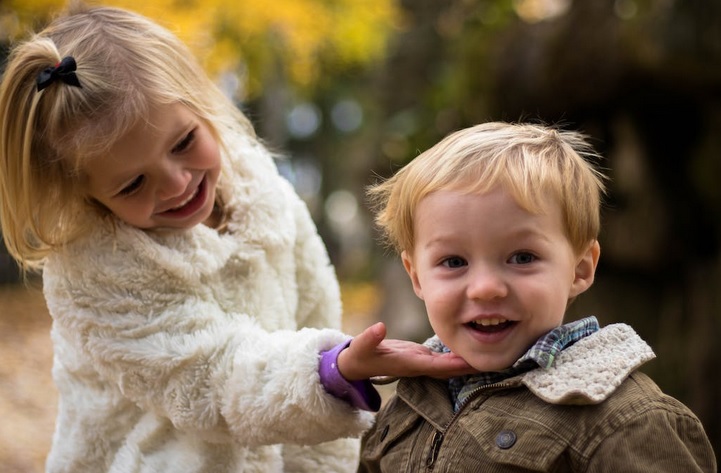NordenBladet – There is a great emphasis on the development of children’s social skills in the Baltic and Nordic countries. We place a strong emphasis on the well-being of children and the importance of social skills in their development. The education systems prioritize the development of children’s social skills, emotional intelligence, and ability to collaborate with others. This focus is reflected in our child-centered approach to education and parenting, which emphasizes the importance of play, social interaction, and exploration in the development of children’s social skills.
Children develop their social skills and independence through interactions with their peers, family, and other adults. As parents, it’s important to support our children in building their confidence and independence in social situations.
Fostering independence in children’s social situations takes time and patience, but it’s an important aspect of their development. By encouraging decision-making, interaction with peers, conflict resolution, giving space, and leading by example, we can support our children in becoming confident and independent in social situations.
1. Encourage interaction with peers: Participate in group activities that allow children to interact with peers. Playdates, group sports, and classes are great ways to encourage socialization. Encourage your child to make friends and engage in social activities on their own.
2. Teach conflict resolution: Children will inevitably experience conflict in social situations. Teach them how to handle conflicts in a peaceful and respectful manner. This includes active listening, expressing their own feelings, and finding a solution that works for everyone.
3. Teach social skills: Teach your child important social skills such as sharing, taking turns, and showing empathy towards others. These skills will help them navigate social situations more confidently.
4. Give them opportunities to practice: Provide opportunities for your child to practice their social skills, such as hosting playdates or inviting friends over for a meal.
5. Lead by example: As parents, we can model appropriate social behaviors for our children. Show them how to handle conflicts, navigate social situations, and make friends in a respectful and kind manner.
6. Encourage them to make decisions: Children can start making small decisions, such as what to wear or what food to eat. By letting them make choices, they will feel more confident in making decisions in social situations.
7. Teach conflict resolution: Children will inevitably experience conflict in social situations. Teach them how to handle conflicts in a peaceful and respectful manner.
8. Give them space: Give children some independence in social situations. For example, let them play with friends without constant supervision. This will help them develop their social skills and independence.
9. Lead by example: As parents, we can model appropriate social behaviors for our children. Show them how to be respectful and kind to others, and how to handle conflicts in a peaceful manner.
Encouraging your child to engage in social activities, teaching them conflict resolution and social skills, and providing opportunities to practice these skills will help them become confident and independent in social situations. Lead by example and provide support as needed, but also give them the space to navigate and grow in their own unique way.
Featured image: Education system in Nordic countries emphasizes cooperation and teamwork, and encourages children to develop social skills through activities such as group projects, peer-to-peer interaction, and community involvement. (Pexels)
